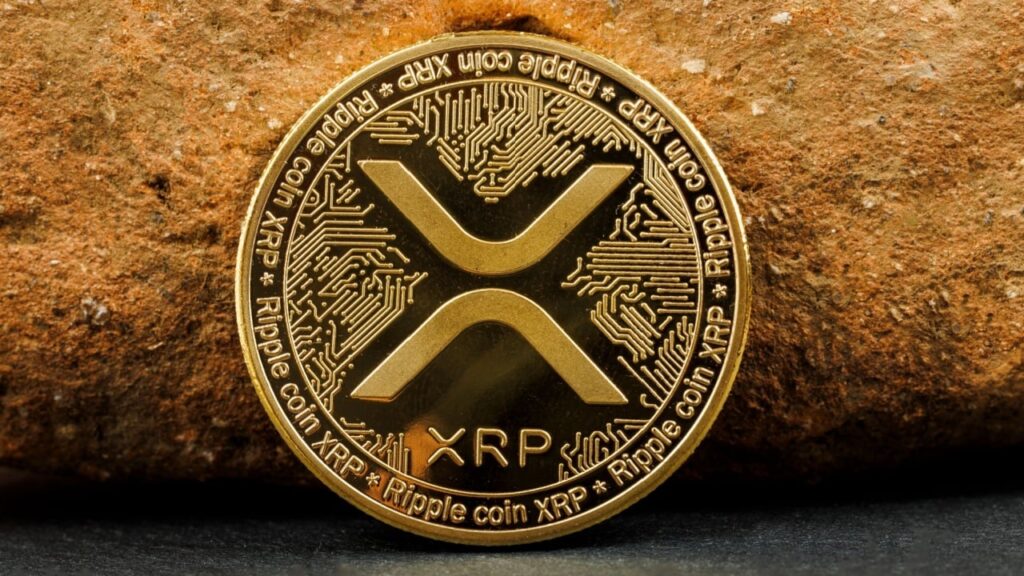In a bold and controversial view that’s sparking debate across crypto circles, online commentator “Pumpius” has revived a theory suggesting that XRP might be more than just another altcoin. According to his claims, a global financial transformation is already underway — and those holding XRP could be uniquely positioned to benefit.
“99% will be locked out. Not because they’re poor. But because they held the wrong assets.” — Pumpius
A Currency or a Key?
Unlike traditional investors who chase trends, Pumpius argues that XRP represents something deeper — a kind of digital passport into a new economic framework. In his words, XRP is not merely a speculative asset but a tool that could be embedded in the future of international finance.
He points to infrastructure over hype: rather than riding meme coins or volatile tokens, XRP holders, he believes, are aligning themselves with a system that’s being quietly constructed in the background.
Quiet Moves from Institutions?
Fueling the speculation are references to global institutions. Pumpius asserts that the Bank for International Settlements, the World Bank, and the IMF have all acknowledged XRP in some form — through experiments, documentation, or commentary. Ripple’s ties with central banks (reportedly over 40) further bolster this view.
However, much of this information remains unverifiable or loosely interpreted by the community — adding to both the mystery and the skepticism.
The Reset Won’t Be Televised
Perhaps the most provocative part of this theory is the idea that the financial “flip” won’t be televised. According to Pumpius, the transformation will happen quietly — through backend protocol changes, not breaking headlines. Those who wait for clear signals might realize too late that the shift has already occurred.
Takeaway: If this vision holds any truth, XRP could be more than just a crypto asset—it could be a foundational piece in a new financial order. Whether that makes it a must-have or just a fascinating theory is up to each investor to decide.
This article is not financial advice. Always do your own research before making investment decisions.







